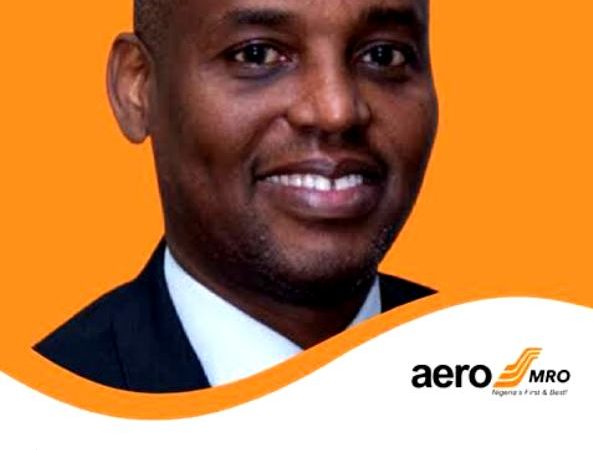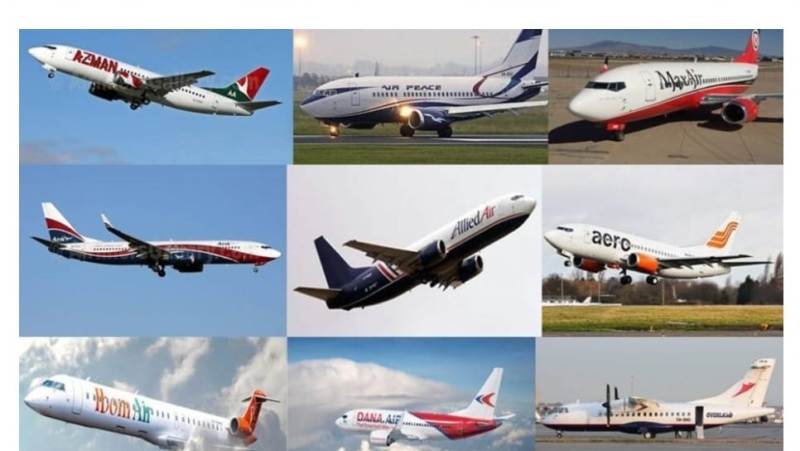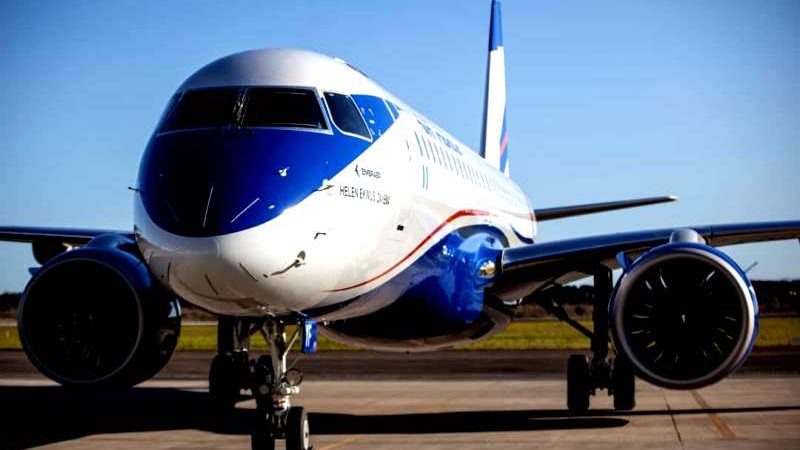Turning Brain Drain In The Aviation Industry Into Gain
Since the late 90s, several markets worldwide have been repeatedly reported to have a shortage of pilots and other aviation professionals. In Africa, the shortage may have stemmed from the lack of infrastructure and the high cost of training, among other challenges. Additionally, young people across the continent are inadequately aware of the different careers and opportunities offered by aviation.
Boeing company’s 2023 Pilot and Technician Outlook (PTO) projects that commercial carriers will need significant personnel through 2042 to support the global commercial fleet. There is need for 649,000 pilots, 690,000 maintenance technicians and 938,000 cabin crew members. Africa will need 21,000 pilots, 22,000 new technicians and 26,000 new cabin crew.
Africa is home to about 17% of the world’s population and the youngest of any continent. The number is expected to double by 2050, with more than half of the world’s population growth taking place in Africa over the next three decades. This growth will create a significant demand for jobs, resources, and other services, including air travel.
According to the Airbus Global Market Forecast, Africa will require nearly 1,200 aircraft deliveries by 2040, transitioning to new-generation models like the A320neo, A330neo, and A350. There is a need to develop aviation infrastructure and raise awareness among young people to meet the future needs of the African air transport market.
Nigeria has not been exempted from the skills shortage challenge in areas such as Air Traffic Control where there has been about 300 controllers’ deficit for some years, shortage of Safety Inspectors at the regulatory agency, and so on.
Nigeria has a foremost aviation training institution called Nigerian College of Aviation Technology (NCAT) in Zaria, which has been training professionals yearly with inadequacy of local employers to engage pilots for their services. In 2023, another institution owned by Kwara State Government, International Aviation College (IAC), Ilorin upped measures to produce pilots.
Apart from state of the nation’s economy and impact of economic policies on airline business, the underperforming General Aviation sub-sector and the troubled commercial airline sub-sector has further powered unemployment for pilots.
However, some stakeholders have muted the idea of Nigeria, taking advantage of the global shortage of aviation professionals based on the availability of good training institutions in Nigeria, with a view to turning the global brain drain situation into economic gain for Nigeria.
However, some stakeholders have muted the idea of Nigeria, taking advantage of the global shortage of aviation professionals based on the availability of good training institutions in Nigeria, with a view to turning the global brain drain situation into economic gain for Nigeria.
“There is brain drain in the world and there is brain here in Nigeria. Nigeria has a lot of brains and there is inadequacy of pilots everywhere out there, Canada, Middle East and so on. Rather than see the exit of trained professionals from Nigeria as a disadvantage, it can be turned into an advantage if you develop more capacity to train more and export them” suggests Mr. Emmanuel Chavez, President, Airports Council International (ACI) Africa at the FAAN National Aviation Conference held in Abuja, May 15-18, 2023.
“Since we are not producing things to export as a country and the rest of the world is looking for the professionals we are producing, we should focus on selling the brains and make it another export product”, said Capt. Hamisu Yadudu, former Managing Director/Chief Executive , Federal Airports Authority of Nigeria.
Some Nigerian organizations are already working on awareness and initiatives for young people to prepare for the task ahead. For example, Green Africa has on May 9th, 2023, celebrated the graduation of 12gTalents who participated in the company’s gFuture Initiative.
This initiative, launched in 2022, aims to train a total of 1,440 aviation professionals across different disciplines over the next decade. At the 1st anniversary ceremony held at the company’s head office in Lagos, four cabin crew members, five second officers, one airport service personnel, and two commercial gTalents were honoured for their successful completion of the programme.
In his opening remarks, Babawande Afolabi, the Founder and CEO of Green Africa, said, ‘We announced our plans last year to train talents over the next decade across different aviation disciplines. The journey of a thousand steps starts with the first and today, we are delighted to celebrate the first year of that journey with the graduation of twelve new gTalents.”







